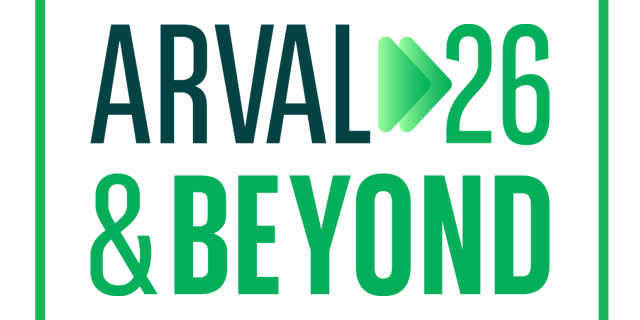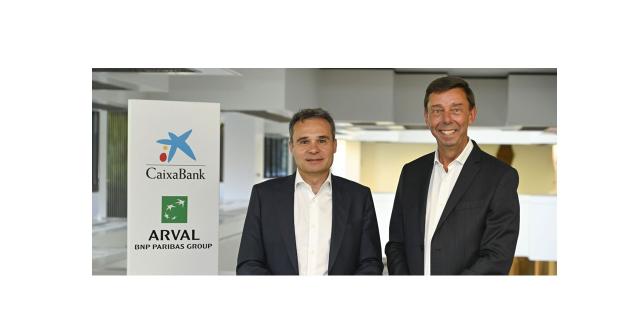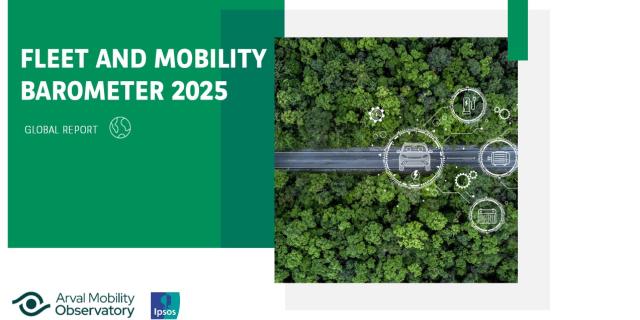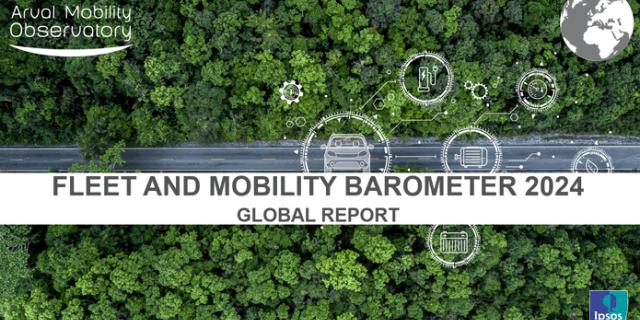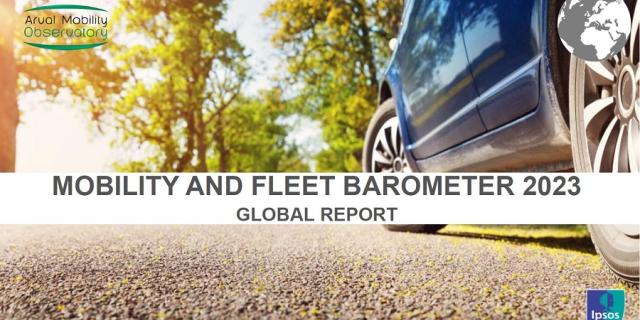ARVAL AROUND THE WORLD: USA
We talk to Olivier Roubi, Arval VP Global Business Development, about fleet management in the United States.
What is the main difference between fleet management in the USA and in Europe?
The first thing I noticed when I came here from Paris in 2016 was that open-end lease - where the risk on maintenance and residuals is borne by the client, not by the leasing company - is prevalent on the market. This is very different from the European model, where one of the key attractions of closed-end operating lease for the client is to outsource such risks.
Are US fleet managers aware of European fleet management best practice ideas?
It varies. Some persons have a general knowledge of the differences that exist in Europe while others tend to consider that the North American and European fleet business models are much alike. My role here is to work with Element, our US partner since 1995, to support their US clients and prospects developing, executing and cascading their fleet strategy in Europe, in close coordination with local Arval teams as well as the International Business Office.
How do the day-to-day lives of US fleet managers differ from Europe?
An important point is that, although there are some legislative differences across the US States, much of the infrastructure of fleet management is identical across the whole country, from coast to coast. It makes the life of a US fleet manager much easier compared to that of a European fleet manager who needs to handle many differences from country to country.
What differences do you notice about fleet vehicles in the USA?
The US fleet market is driven by trucks (mainly light Pick-up Trucks like a Ford F 150 or heavier Duty Trucks) sold by the “Big Three” domestic OEMs. In Europe, there is a broader variety of OEMs and models in company car policies. Also, passenger cars as perk benefits are less common in the USA. Beyond the tax difference aspects between the USA and Europe, there is clearly a cultural difference where a US driver wants to have more of a final say about their choice of car, which is not always possible with restrictive car policies from their employer.
What is it like working with Element?
The partnership between Arval and Element works very well for us, for them, and for our clients. I typically get involved when an Element account manager identifies an opportunity or needs support related to a US Client having fleets in Europe. I also bring the Arval added-value, expertise and support to the Element Tender team when US companies launch an RFP with a European angle. The Element Arval Global Alliance is a great combination of geographical presence, expert advice, customer support and global reporting.
What advice would you offer to US companies that want to better understand European fleet management?
Most importantly, the US-based fleet manager must be aware of their company’s internal organization, culture and business priorities across different countries, and should structure their international fleet strategy based on these pillars. Then, the buy-in of local fleet, HR and procurement departments within the company is a must; otherwise any initiative imposed onto European subsidiaries from the US is likely to run into difficulties. Finally, I usually recommend adjusting the global fleet strategy to individual country requirements. More efficiency is achieved through adapting to local conditions, rather than trying to use a one-size-fits-all strategy across all territories.
Do you enjoy working in the US?
We love it here. One of the reasons I applied for this role is that my wife has a US-citizenship, with family in New York and Arizona, so she gets to see more of her relatives. Also, our three children, who are 11, 9 and 5, thrive here.
What is the Element-Arval Global Alliance?
The Element-Arval Global Alliance is the longest-standing strategic alliance in the fleet management industry - managing in excess of three million vehicles in more than 50 countries.
Advantages of the Element-Arval Global Alliance:
• Our extended and expanding global scale.
• The quality of service in the delivery of harmonized products.
• Optimized innovative services with customization to meet local demand.
• A unique methodology to manage accounts on a local and international level.
• Digital tools that provide global visibility of your fleet.
As the worldwide leader, the Global Alliance has the experience, expertise and resources to optimize your fleet and support mobility strategy on all continents.
www.elementarval.com

